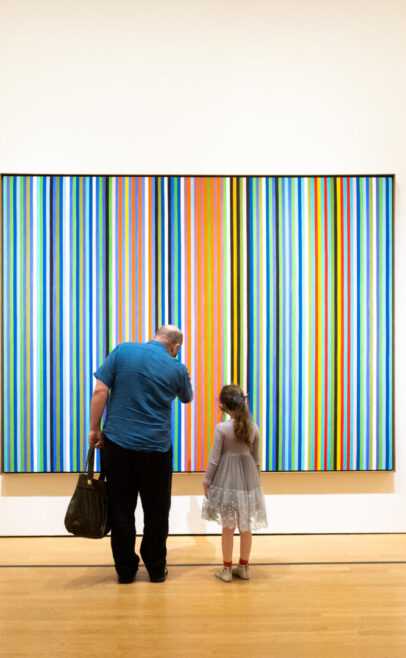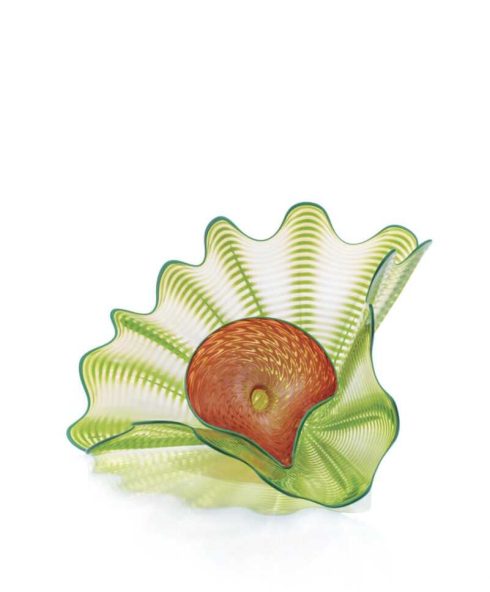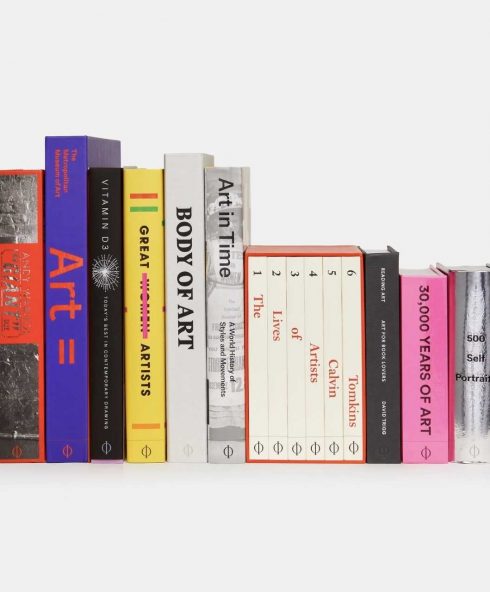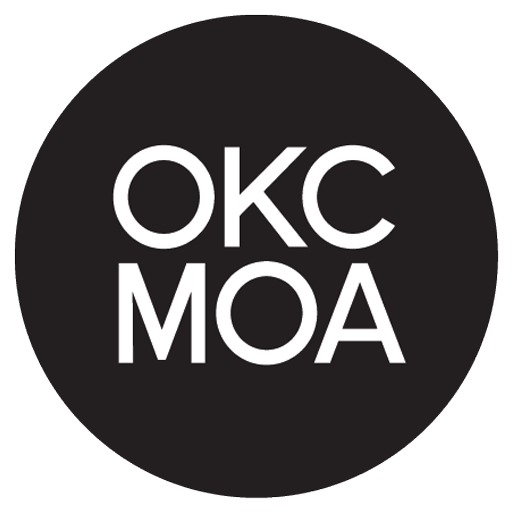Chantal Akerman has been on my mind quite a bit these past few weeks, even before Tuesday’s sad news of her unexpected passing. But more on that in a moment.
The Belgian-born filmmaker remains best known for her monumental feminist masterpiece, Jeanne Dielman, 23 quai du Commerce, 1080 Bruxelles (1975), which she completed, quite incredibly, at the age of 25. Made at precisely the same time that English film theorist Laura Mulvey was theorizing the presence of an oppressive male gaze in the classical cinema, the three-hour-plus Jeanne Dielman… showed the way forward for feminist filmmakers, creating a language of political cinema that relied heavily on the codes of high modernist cinema, and especially its predilection for long takes, extreme duration and its corresponding facilitation of distraction and boredom. Jeanne Dielman… meant for the viewer to experience the banality, not just emotionally but also physically, of its heroine’s everyday, quotidian existence. Akerman’s masterpiece, one of the best and most enduring achievements of the 1970s European art cinema, was a true cri de coeur for the feminist filmmaker, a cinema of resistance that fought against not only conventional ideas of a woman’s place, but also the pleasures of traditional (Hollywood) cinema. It was a different way of making movies that said a great deal about what cinema was at its very core, an art that could bring us in perceptual contact with the weight of time and our daily lives (or those around us).
Though no future Akerman film would match the extraordinary film-historical importance of Jeanne Dielman…, an impossible standard if ever there was one, Akerman continued to produce major work, both fictional and non, in what was essentially a high modernist idiom: in News from Home (1977), Les Rendez-vous d’Anna (1978), The Golden 80s (1983), D’Est (1993) and La Captive (2000), among other films, Akerman displays an eagerness for formal, narrative and generic experimentation and reinvention (see her musical The Golden 80s for the last of these) that would continue to assure her place among the most important filmmakers of her generation–even if it was somehow often easy to loose sight of her work, especially in the pre-Criterion, pre-streaming era. Just this past August, in fact, Akerman again reminded us all of her mastery with No Home Movie (2015), which though it was released to somewhat middling reviews at the Locarno Film Festival–which says more about its reviewers, but I digress–did secure a very merited slot at the current New York Film Festival. Boring at times in the most conventional, and least critically useful of senses, Akerman’s latest and sadly last (it would seem) essay film centers on the filmmaker’s late mother, and Auschwitz survivor, Natalia, in her final days, as she goes about her daily routine in her Brussels apartment. As the meals, moments spent in front of the television, and more and less compelling conversations with her daughter progress, Akerman’s camera remains mostly static, planted on a tripod that discloses only a small fraction of her home living space. What results, therefore, is another personal portrait of the domestic quotidian–following Akerman’s magnum opus Jeanne Dielman…–which seems to readjust our sense of Akerman’s larger subject; it is less womankind that fascinates the filmmaker than her devoted mother.
Of course, Natalia is far from a new presence within Chantal’s body of work. In News from Home, which was photographed in the streets of New York City in 1976, the younger Akerman reads the letters that her mother sent her between 1971 and 1973 when the filmmaker left home to live on her own in the American metropolis. Naturally No Home Movie stands as a sort of companion piece to this exquisite earlier portrait of a decaying Manhattan, of a very different world and trans-Atlantic mode of being that has eliminated the distance that mother felt from daughter in the early 1970s (even if the latter still pleads for her return). No Home Movie replaces the earlier film’s letters (which nonetheless maintained a rather complex relationship to the images on screen, as a constant source of distraction) with video chats, including one especially moving instant for this writer in particular: Chantal addresses her mother, in a Brussels apartment, from Oklahoma; as it happened, I was watching the film on my computer, while traveling away from home (Oklahoma), in my Brussels hotel room–an impossibly improbable biographical convergence from a very small world. In any case, No Home Movie bookends Akerman’s art, as the end to News from Home’s autobiographical, pre-Jeanne Dielman beginning. It is a film that all too elegantly brings it all to a close.
Before I move on from Akerman, let me just say that her work remained not only personal to the end, but also formally daring, and of a piece with her previous output. With No Home Movie, we once again see her as a spiritual cousin to the great Iranian director, and a favorite of Mulvey’s coincidentally, Abbas Kiarostami: the action, to use the term extremely loosely, often happens off camera, as something that can be heard rather than seen. In this sense, No Home Movie is, like the best of Kiarostami’s cinema, unfinished, at least in a certain sense. However, it is also a work that transforms its central space into a memorably robust presence, a character, to again use a term as loosely as I am allowed. Add to that interspersed, mobile passages of an Israeli landscape, and the hotels of Akerman’s travels, and we have a sort of synthesis of Akerman’s work, a cinema of domestic routine and road movie that all points to the late Natalia–and now, much more than we could have thought, to her daughter too. No Home Movie is a significant achievement to close out a very significant career.
***
Though there is no Akerman on our schedule at present (which hopefully will change soon), there are a few accidental cross currents at least. This weekend, we will be showing two films by female filmmakers: Kate Geis’s Paul Taylor: Creative Domain and Leslye Headland’s Sleeping with Other People. Then, next weekend, and even more to the point, we will be presenting another monumental masterpiece of late modernism released the same year as Jeanne Dielman…, Theo Angelopoulos’s The Travelling Players (1975), which will be shown free to the public, with the filmmaker’s widow and frequent collaborator, Phoebe Economopoulou, in attendance. Finally, in November, we will be screening the most monumental of all modernist masterworks, Jacques Rivette’s Out 1: Noli me tangere (1971), which preceded the director’s own feminist opus, Celine and Julie Go Boating (1974) by three years. No Akerman sure, but female filmmakers and marathon-length late modernist masterpieces–the next two months at Museum Films are very much dedicated to the late Chantal.








